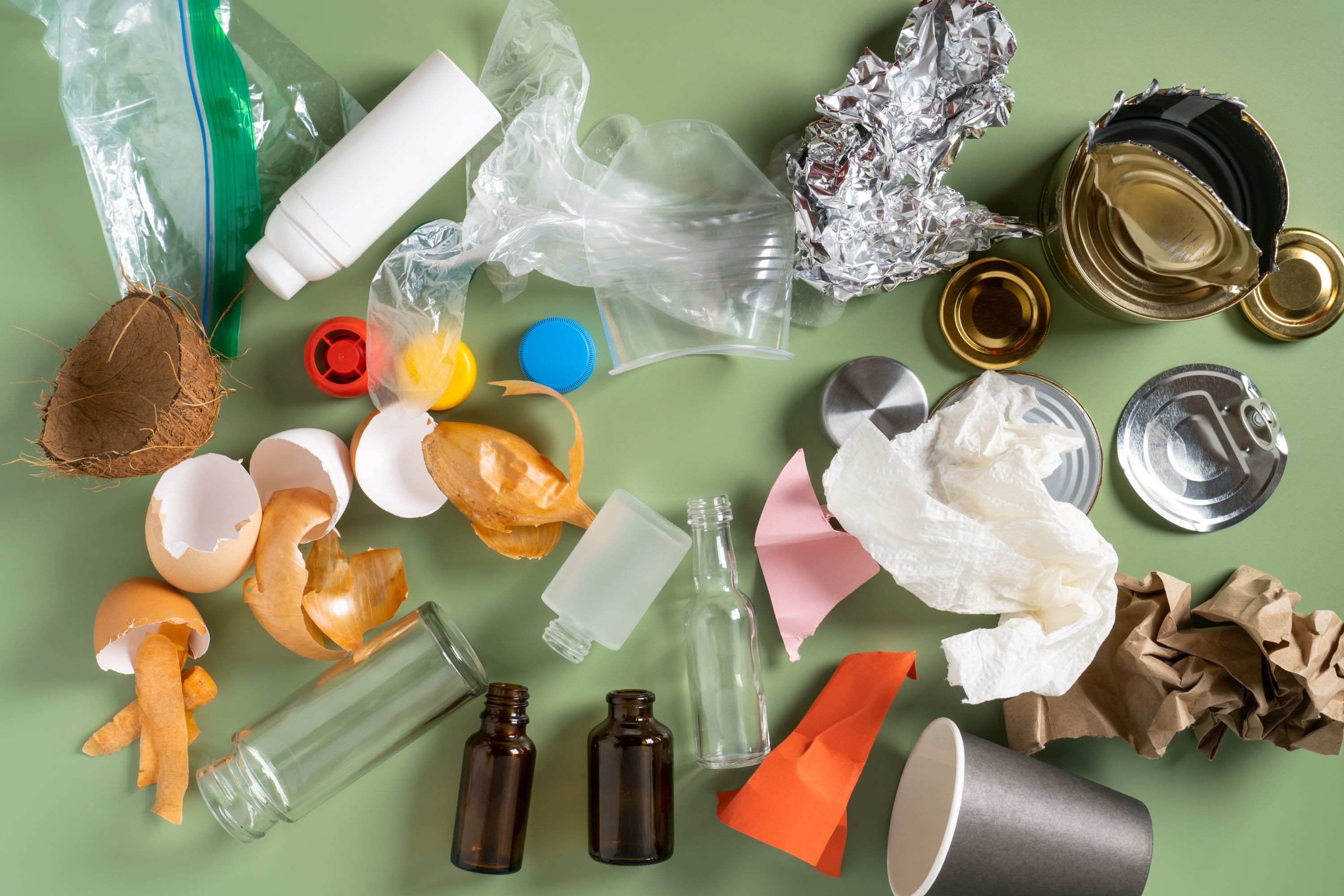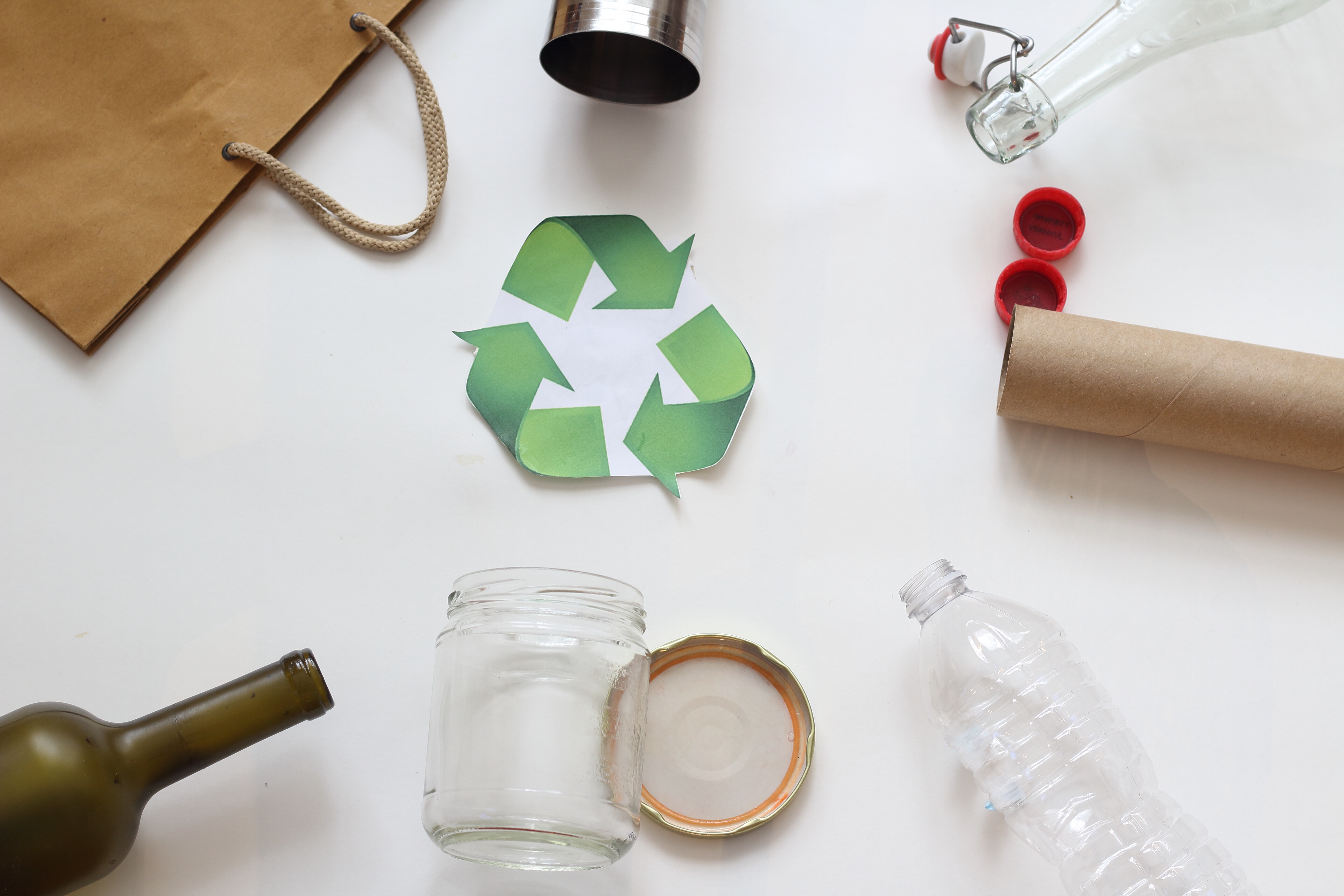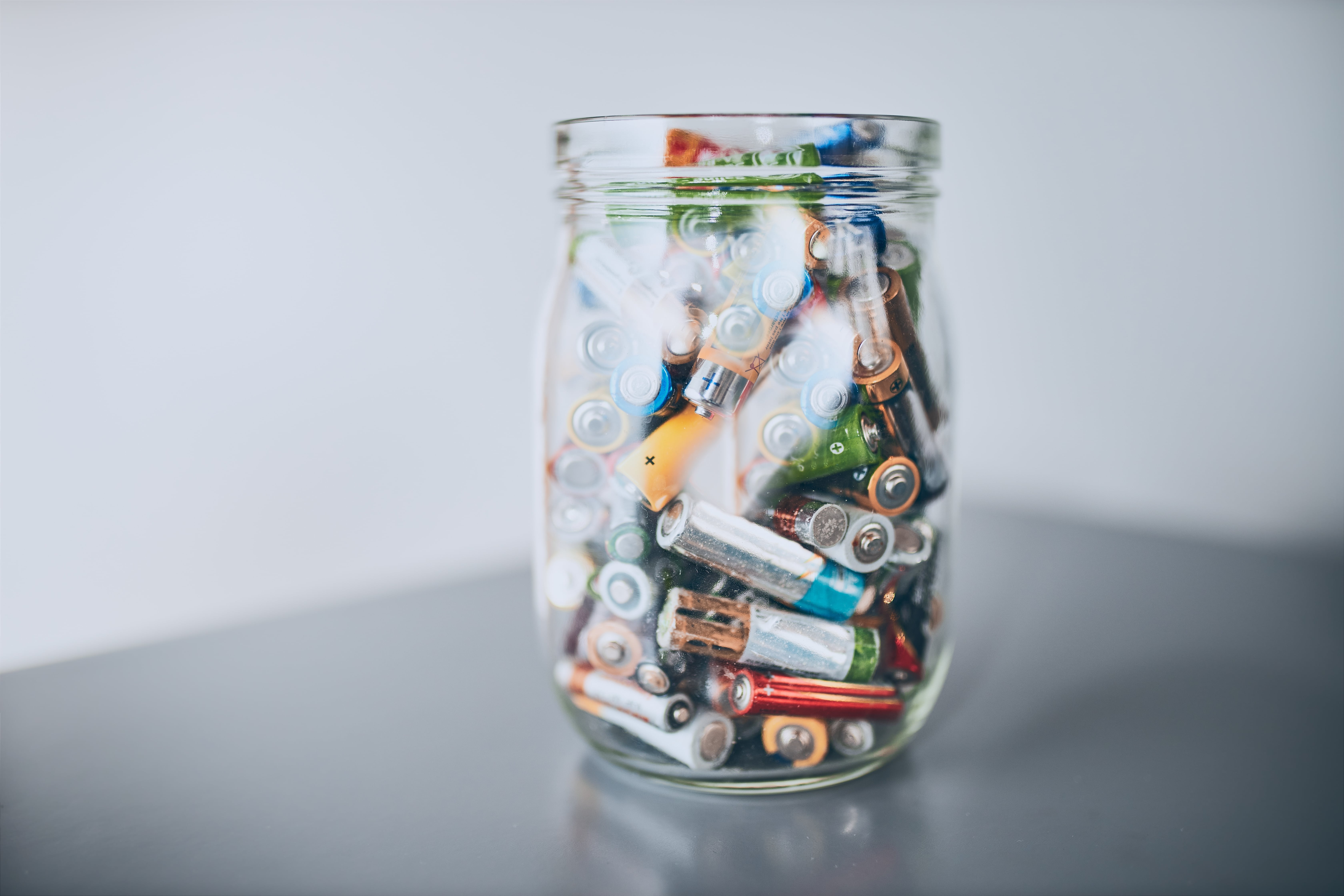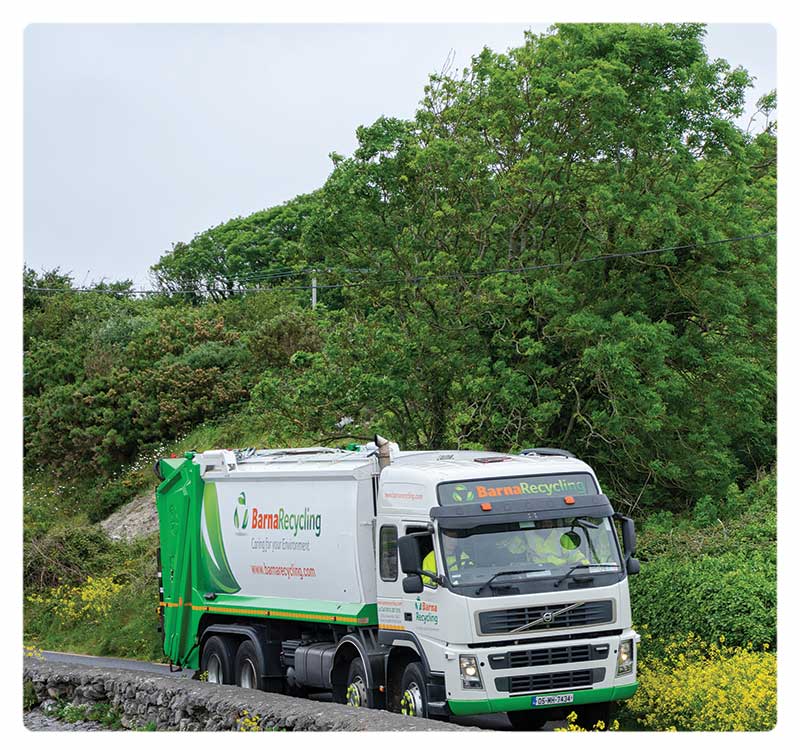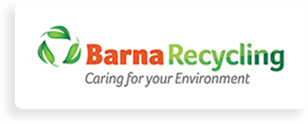- Barna Recycling
- Jan 15, 2025
2025 Hacks: Mastering Household Waste Disposal
As we enter 2025, mastering household waste disposal is not just a responsible choice but a necessity for a sustainable future. Understanding the different types of waste streams is the first step towards successful household waste management. Waste classification into organic, recyclable, and non-recyclable components sets the foundation for effective disposal techniques.
What is considered household waste?
The waste produced in households and similar waste produced by businesses is also called municipal waste or Municipal Solid Waste (MSW). Household waste is a diverse category encompassing general, recyclable, and organic waste collected directly at kerbside and back doors or brought to waste collection centres like banks, civic amenity sites, and pay-to-use compactors.
According to Ireland’s Environmental Protection Agency (EPA) last report, in 2021, out of a substantial 1.84 million tonnes of household waste that were generated in the state, 1.81 million tonnes was managed. However, an estimated 25,700 tonnes remained unmanaged, emphasising the need for continued investments in waste management solutions to address this issue.
Although MSW accounts for just around 10% of total waste generated across the EU, it is difficult to manage since it comprises several streams, including general waste, mixed dry recycling, and organic waste, as well as a high number of producers.
Disposing of daily household waste
Every household is entitled to a general and a recycling bin from a waste collector. If a customer lives in an area of 500 people or more, they are entitled to general, recycling and organic waste bins. Waste collection providers usually have a colour-coded system for separating household waste. For example, we have black, blue, and brown bins at Barna Recycling.
- See what goes in your Black Bin (General waste)
- See what goes in your Blue Bin (Recycling waste)
- See what goes in your Brown Bin (Organic waste)
Even though bins are colour-coded, and customers are provided with information regarding household waste disposal management, contamination of bins is still a big issue, with recent Environmental Protection Agency (EPA) figures indicating that 20% of the material in household recycling bins should not be there, and significant 70% of the material in general waste bins from the commercial sector should be in recycling or organic bins.
This translates into a substantial loss of resource value—a costly oversight for households and businesses. However, proper waste segregation can be the solution to lower waste charges and safeguard investments in local treatment capabilities.
TIP: Ensure you maximise the space in your bins by breaking down waste before you put it in. This is especially important for the recycling bin. Cardboard boxes and packaging can quickly take up a lot of space, so be sure to break down bulkier items. Remember that overflowing bins or items left out beside your bins may not be taken away.
**If your bin is overflowing well in advance of your collection day, call the Barna Customer Care Team on 091 771619 to discuss your options.
How to reduce household waste
The journey to waste reduction begins with intentionality. Mindful consumption requires deliberate choices—purchasing only what is needed, prioritising quality over quantity, and avoiding items with excessive packaging. A discerning approach to shopping can curtail waste before it even enters the home.
By addressing waste at its source and adopting sustainable practices, households can become bastions of environmental stewardship. This collective effort safeguards our immediate surroundings and the planet at large, creating a legacy of sustainability for generations to come. Here are a few simple tips to help you get started with waste reduction:
- Use reusable shopping bags
- Make a weekly meal plan and shopping list
- Avoid produce that’s wrapped in plastic
- Support your local farmer
- Start composting at home
- Avoid single-use plastic
- Replace your soap bottles with bars
- Buy second hand
- Switch to digital documents
How to dispose of household hazardous waste?
Embarking on the journey of proper household waste disposal begins with a critical first step – the identification of hazardous waste lurking within the confines of your home. Everyday items take on a hazardous identity, the most common being pesticides, batteries, fluorescent light bulbs, paints, solvents, and various cleaning agents.
The key is not just recognition but the meticulous segregation of these potentially harmful materials. You can either find a local drop-off location like our Civic Amenity Centres – see items accepted – or, depending on the case, bring the item back to the place where it was purchased. You can also check EPA’s guide to hazardous waste prevention.
Some hazardous items include:
- Waste Paint/ Paint Thinners/ Strippers
- White Spirit Creosotes
- Adhesives/Glues
- Aerosols Waste
- Antifreeze/Coolants
- Bleaches
- Chemicals with Identification Labels
- Cleaning Agents
- Detergents
- Engine Oils
- Epoxy Resins
- Herbicides/ Pesticides
- Medicines
- Pharmacy Waste
- Silicones
TIP: Since batteries cannot be disposed of at home, you must bring them back to the place where they were purchased or to a Civic Amenity Site. Electrical items such as chargers also need to be disposed of correctly. They need to be returned to where they were purchased or should be brought to a WEEE drop-off recycling point or your local Civic Amenity Site to be disposed of. Learn more about how to dispose of WEEE the right way.
Household waste recycling centres
A recycling centre, also known as civic amenity site, is an EPA-licensed drive-in facility fully equipped and designed to recycle a wide range of household products. These facilities take bagged household waste, food waste, and bulky items, such as furniture, for disposal.
Not all types of hazardous waste are accepted in these centres, so for details on the types of waste material accepted and any charges that may apply you should check with the waste collection provider.
You can learn more about Barna Recycling’s Recycling Centres here.
Ready to master household waste disposal and lower your costs with waste management in 2025?
Mastering household waste disposal in 2025 goes beyond individual actions—it’s about embracing a holistic approach that entails conscious consumer choices, including a waste collection provider that helps you navigate the challenges of waste management for a more sustainable future.
Barna Recycling is Connacht’s leading provider of waste management services, providing a professional, reliable and environmentally friendly service. Join Ireland’s number one environmentally friendly waste collection provider and enjoy the peace of mind that we will recycle what you throw away.
References:
Household Waste Statistics for Ireland, Environmental Protection Agency. https://www.epa.ie/our-services/monitoring–assessment/waste/national-waste-statistics/household/#:~:text=Household%20waste%20includes%20general%20waste,pay%2Dto%2Duse%20compactors.
A Waste Action Plan for a Circular Economy – Ireland’s National Waste Policy 2020-2025, Government of Ireland. https://www.gov.ie/pdf/?file=https://assets.gov.ie/86647/dcf554a4-0fb7-4d9c-9714-0b1fbe7dbc1a.pdf#page=null


